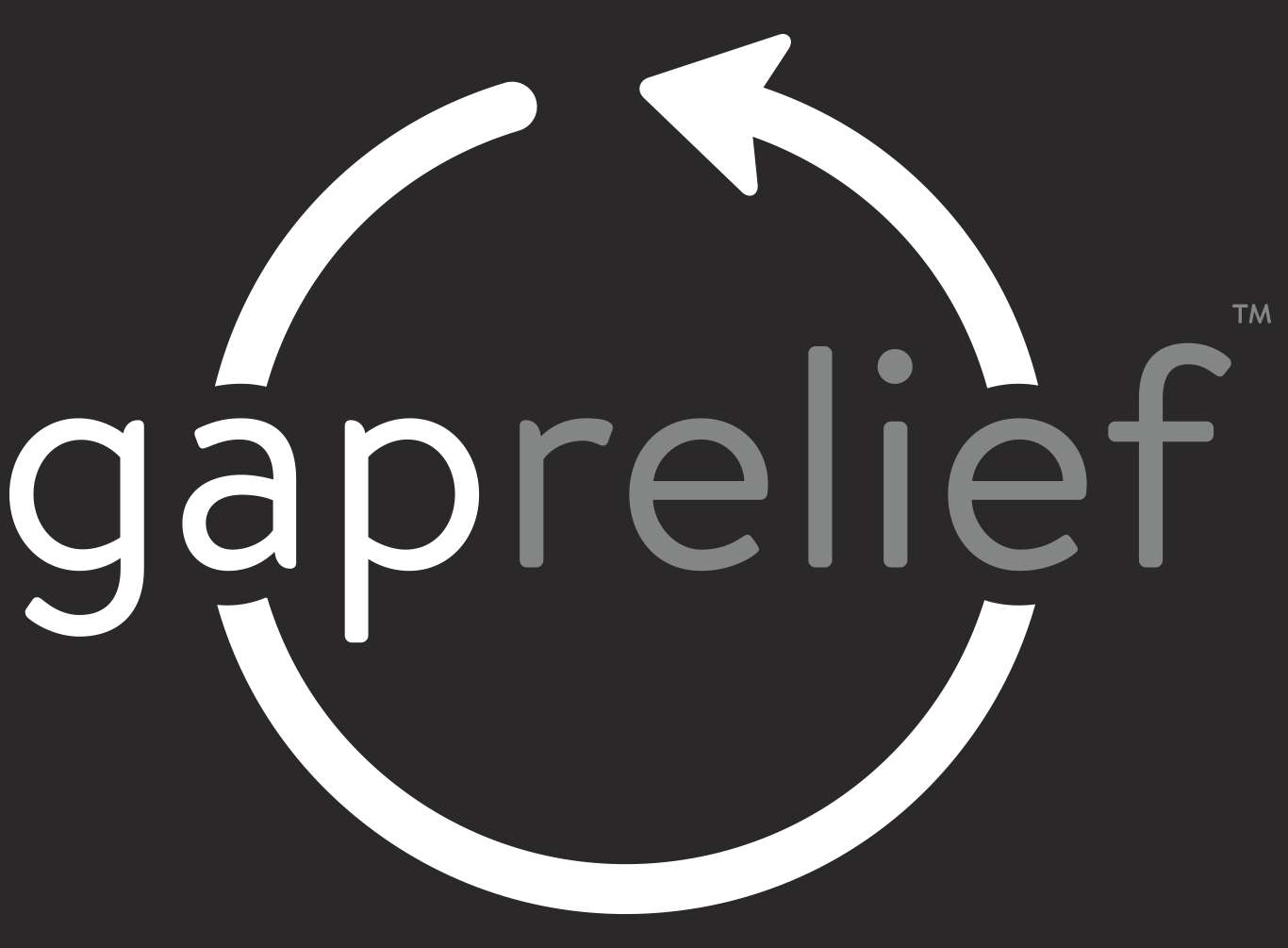Andrew Munneke: An Adoptee Perspective
Below are the words of one of our valued team members, Andrew Munneke. Andrew is an adoptee and as the most important member of the Adoption Constellation, we honor his voice first and foremost. We at Gap Relief are so grateful for his honesty and humanity in sharing this with us as we share it with readers.
Every adoption story starts with a loss.
Honestly, it's hard to write about my story as an adoptee. On the one hand, I am grateful I was adopted. I was given over to my adoptive family when I was just three days old. I grew up in a house that supported and provided for me. I went to private schools and had my college degree (and three master's degrees) paid for by my family. And growing up, I didn't experience neglect or any other major traumas in my family of origin.
Yet, I grew up never feeling like I belonged. I struggled with depression and anxiety most of my life (adoptees are twice as likely to develop mental health issues than non-adoptees). I have thought about suicide most of my life (adoptees are four times as likely to commit suicide as non-adoptees). I always had a low self-worth and felt my presence didn't matter. I constantly feared that if my friends discovered the true me, I would be rejected.
That consistent hum of heart was to belong, yet my strongest belief was that I was alone.
That's because adoption is trauma. And it took me a long time to understand that the first sentence of this blog was also the first moment of my life. My life started with a loss.
Curt Thompson says, "We are all born into the world looking for someone looking for us, and we remain in this mode of searching for the rest of our lives." There is a deep need in all of us for belonging. We know more about attachment and neuroscience than we did when I was born in 1982. For instance, in the womb, a baby learns to recognize the rhythm of its mother's heartbeat and the sound of her voice. The third trimester is also a crucial time of development for the sympathetic nervous system (which controls fight or flight responses), which will be fully developed by the time the baby is born. This is why when a baby is born, and his first cries echo in the delivery room, the doctors place the baby skin to skin on his mother so that he can be reminded of the womb by feeling her warm embrace and hearing the soothing rhythm of her heart.
But when you are adopted, you don't receive that connection and the soothing of your nervous system. You get rolled away from the one voice and source of nourishment and security you have ever known. Your first attachment becomes severed from you. And your nervous system never forgets that. I know mine hasn't. My body has not forgotten the first message it received: "You have to make it on your own."
With your first attachment severed at birth, it's understandable how adoptees feel like they have a deficit of belonging. It's as if what is most familiar to us is the feeling of being alone. I used to tell my therapist that depression and loneliness feel like the oldest friend I know.
As adoptees grow up, we get these consistent reminders that we don't belong. I remember in the 6th grade; I was asked to determine which genetic traits I got from my parents and had that feeling in my stomach that I didn't know my biological parents. Or when I was 10, my mom invited me to "Adopt a cat" for the family. This courteous gesture from my mother turned into an internal crisis and confusion about how she used the same word, "adoption," for the cat as she would for me. And even to this day, I am reminded of the family I do not know when the doctor asks me for my family medical history, and I have to say, "I don't know."
And here is one thing I think it's hard for non-adoptees to understand. Telling an adoptee, "You were chosen," "You completed a family," or "I don't see you as adopted," will never remove the primal wound from the trauma of adoption. It's wired into our brains. We carry it in our DNA. It's stitched into our nervous system.
But that does not mean we are without hope or healing. Even though I am at a place in my story where I have done the work to understand how my adoption has affected my relationship with others and myself, I am grateful for my biological mother, who gave me life, and for my family, who sustained my life. Yes, I have felt some of the tremendous aches and pains of the human heart, where my soul felt like it couldn't bear it anymore. But I have also experienced joy. I have stayed up late laughing with friends until I couldn't catch my breath. I have loved and been loved. And I have carried three little human beings in my arms, who would not have life if I was not given mine.
For that, I will always be grateful.

